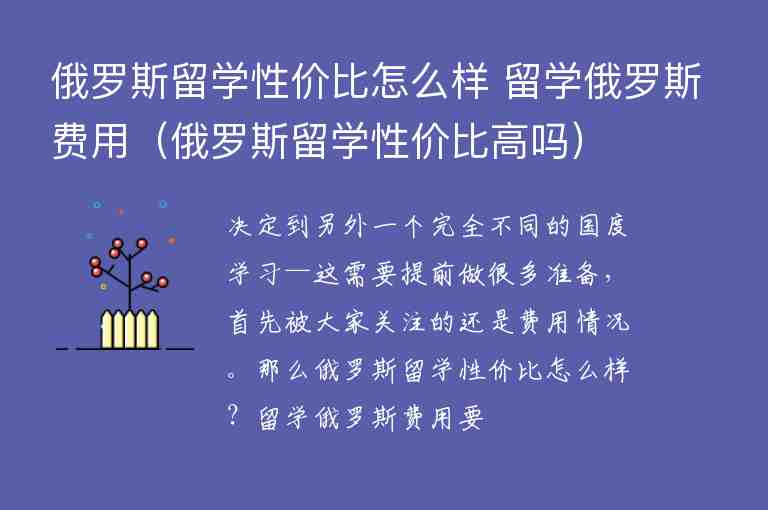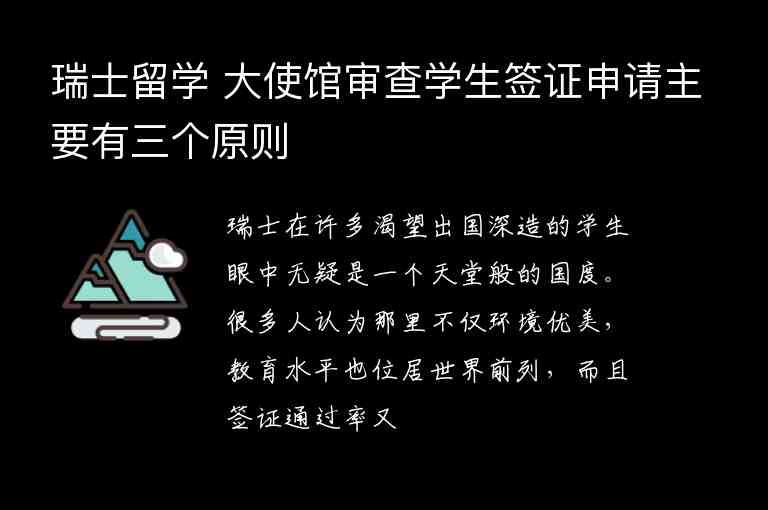一:bondman是什么意思?用法、例句的意思
bondman是一个名词,指的是奴隶或被奴役的人。在现代,这个词通常用来形容被或束缚的人。
二:怎么读(音标)
[bɒndmən]
三:用法
bondman通常用作单数形式,复数形式为bondmen。它可以作为主语、定语或宾语使用。
四:例句1-5句且中英对照
1. The bondman worked tirelessly in the fields under the scorching sun.
这个奴隶在炎热的太阳下不知疲倦地在田地里工作。
2. He was born a bondman, but he dreamed of one day becoming a free man.
他生来就是一个奴隶,但他梦想有朝一日能成为自由人。
3. The king treated his subjects like bondmen, with no regard for their rights or well-being.
国王对待他的臣民就像对待奴隶一样,毫不顾及他们的权利和福祉。
4. The bondmen revolted against their cruel masters, seeking freedom and justice.
这些奴隶起来残酷的主人,寻求自由和正义。
5. The bondman's chains were finally broken when slavery was abolished in that country.
当那个废除了奴隶制度,这个奴隶的枷锁终于被打破。
五:同义词及用法
1. slave: 指被迫服从他人、失去自由的人,通常指受到身体或上的。
例句:She was sold into slavery and forced to work on a plantation.
她被卖为奴隶,在一个农场里被迫工作。
2. captive: 指被囚禁或束缚的人,也可以指被迷住或吸引住的人。
例句:The princess was taken captive by the enemy army.
公主被敌俘虏。
3. serf: 指中世纪欧洲封建社会中依附于领主土地而生活、无法自由流动的农民。
例句:The serfs were bound to the land and could not leave without their lord's permission.
这些农民与土地紧密相连,没有领主的允许就不能离开。
4. vassal: 指封建时代臣民对领主效忠、服从的人。
例句:The vassals pledged their loyalty to the king in exchange for protection and land.
这些臣民向国王发誓效忠,以换取保护和土地。
六:编辑总结
bondman一词源于中世纪英语,最初指的是封建主对其领地上的农民的权。随着时间的推移,它也被用来指代奴隶制度中被奴役的人。现在,这个词仍然具有贬义色彩,用来形容被或束缚的人。在写作中,我们可以使用bondman来代替slave等同义词,以增加文本的多样性和丰富性。




